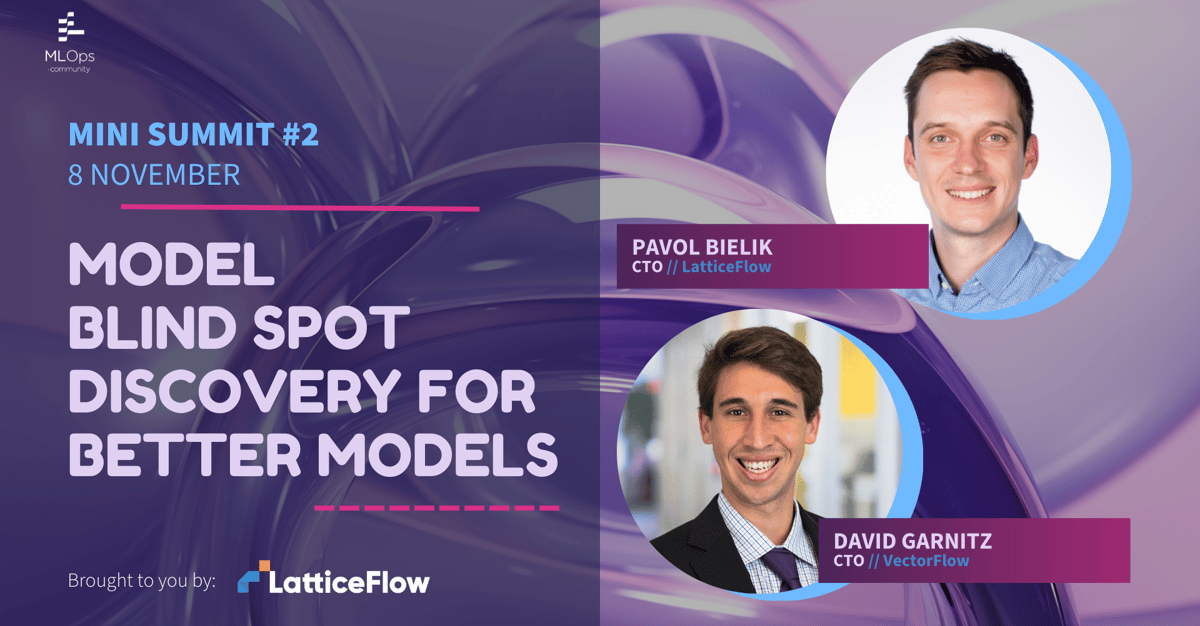

Model Blind Spot Discovery for Better Models
Did you know that 87% of AI models never move from lab to production?
In fact, this is one of the biggest challenges faced by machine learning teams today. Just because a model excels in a test environment doesn't ensure its success in the real world. Furthermore, as you deploy AI models to production, they often degrade over time, especially with incoming new data. So, how do you know what is causing your AI models to fail? And how do you fix these issues to improve model performance?
Join us on November 8th where we will delve deep into these issues and provide insights on how you and your ML teams can systematically identify and fix model and data issues. Empowered by intelligent workflows, our end-to-end AI platform is built by ML engineers to enhance your model's performance across the entire AI lifecycle, all while unleashing the full potential of robust and trustworthy AI at scale.
Speakers
Agenda








